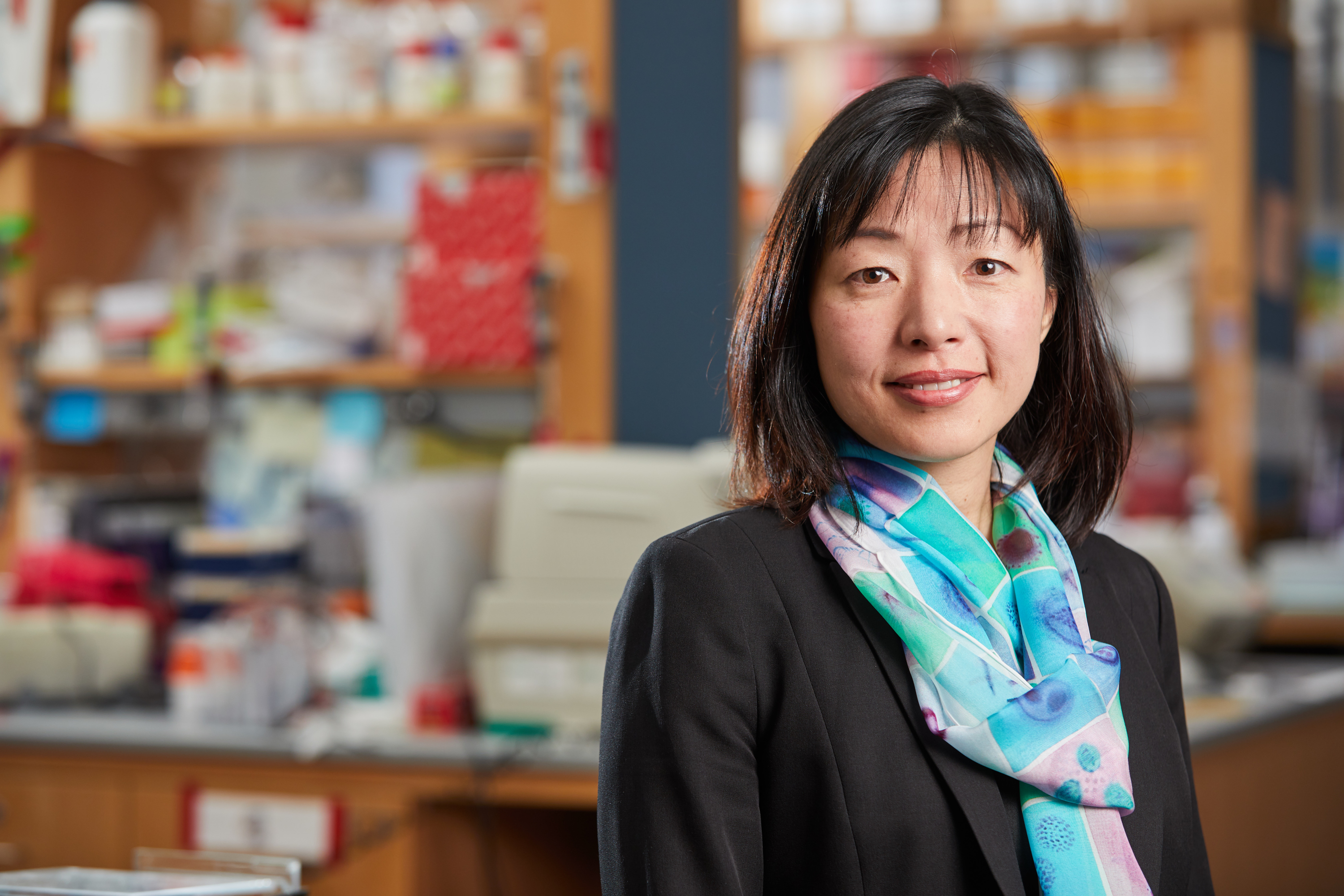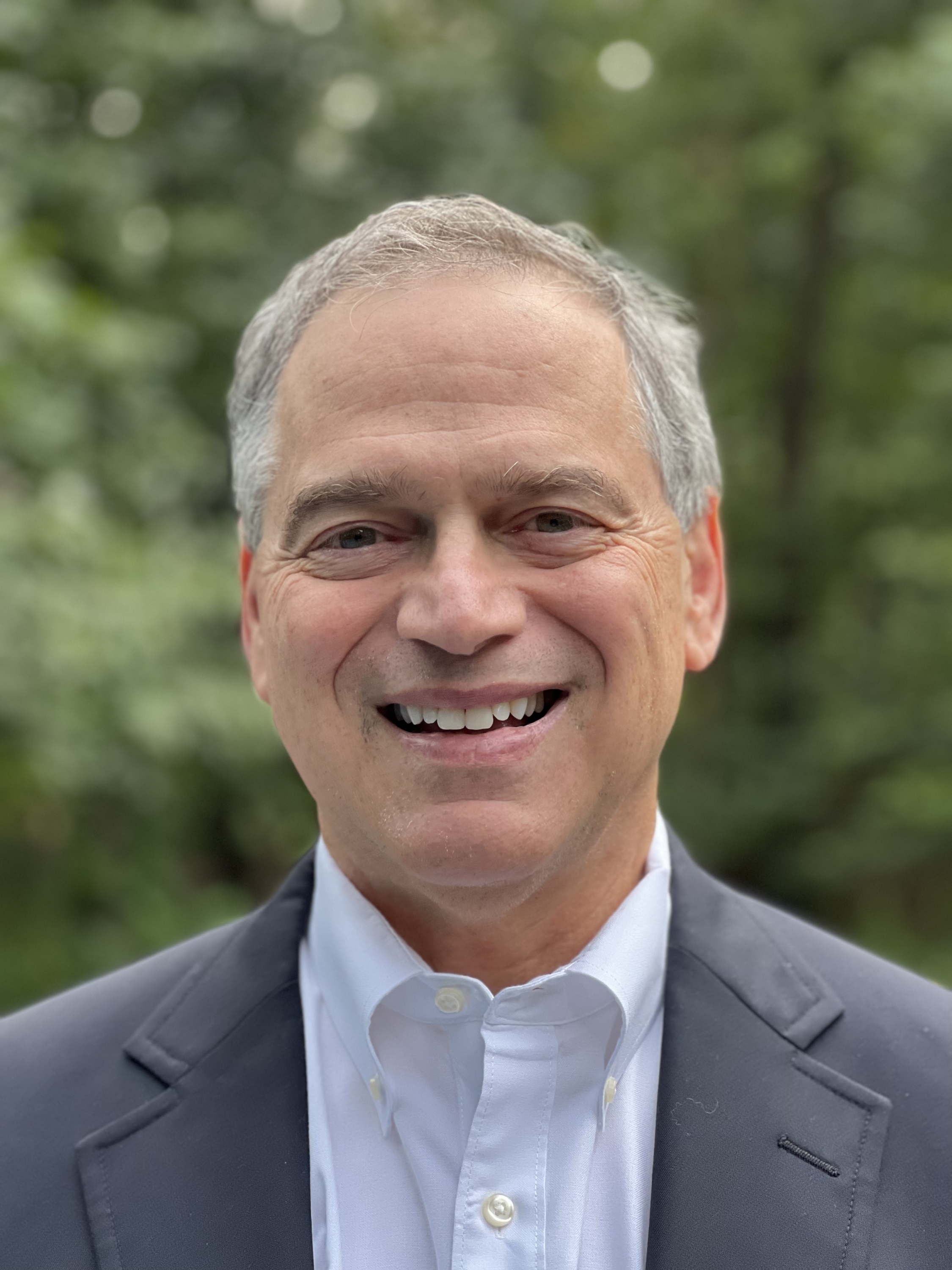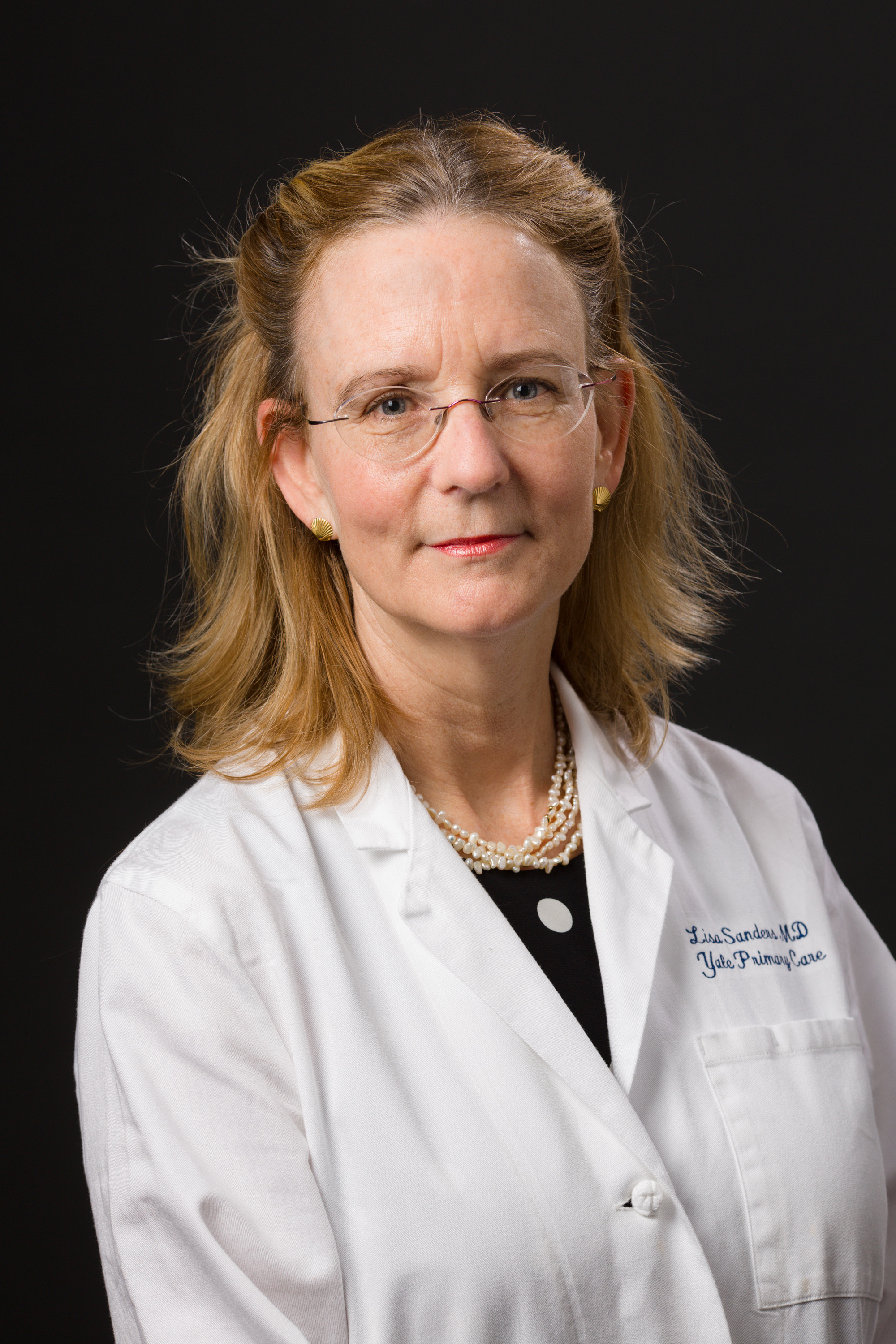Long COVID is by no means unique in causing a wide array of symptoms that persist for weeks, months, or even years after a person has recovered from the acute infection. “Post-acute infection syndromes have been going on for decades—or maybe hundreds of years—but we haven’t been paying attention,” says Akiko Iwasaki, PhD, Yale School of Medicine’s Sterling Professor of Immunobiology. “They’ve historically been ignored.”
Many chronic illnesses have been largely ignored, dismissed, and ridiculed. Long COVID has taught the world that these diseases are real, there is a biological basis for them, and we need to study them.
Akiko Iwasaki, PhD
The term post-acute infection syndrome refers to chronic diseases that occur after an acute viral, bacterial, or parasitic infection, including chronic Lyme and myalgic encephalomyelitis/chronic fatigue syndrome (ME/CFS). And evidence from a study published this month suggests that acute respiratory infections may also lead to long-term symptoms, named “long cold.”
“The pandemic opened the world’s eyes to the fact that many chronic illnesses have been largely ignored, dismissed, and ridiculed,” says Iwasaki. “Long COVID has taught the world that these diseases are real, there is a biological basis for them, and we need to study them.”
What causes Long COVID and other post-acute infection syndromes?
Causes of Long COVID and other post-acute infection syndromes are still unknown, but Iwasaki lists four hypotheses. First, lingering viral remnants could be inducing chronic inflammation, which is known to cause a wide range of symptoms. Second, the acute infection may also have triggered an autoimmune response within the body. Third, it could be the result of a latent virus like the Epstein-Barr virus—the pathogen behind mononucleosis—becoming reactivated after the infection. Finally, tissue damage caused by infection that the body fails to repair properly is another possible cause. These hypotheses, says Iwasaki, are not mutually exclusive, and many people with Long COVID could be suffering from a combination of these outcomes.
Yale School of Medicine (YSM) is investigating the many questions surrounding post-acute infection syndromes in its new Center for Infection & Immunity (CII), established within the Department of Immunobiology. It is the first center of its kind, says Iwasaki, its creator and director. Ongoing research conducted by multidisciplinary teams within the new center will focus on the underlying pathology of Long COVID, ME/CFS, and chronic Lyme. These post-acute infection syndromes stem from different pathogens but, because they often have overlapping symptoms—such as fatigue, unrefreshing sleep, dysautonomia, and pain—Iwasaki believes they may have similar disease mechanisms. “If we can identify the underlying cause of even one of these diseases then we can apply that knowledge to prevent and treat other kinds of post-acute infection syndromes.”
What treatments can help patients with Long COVID and other such conditions?
The Yale Paxlovid for Long COVID (PAX LC) Trial, for instance, was inspired by the viral persistence hypothesis. The trial, led by Iwasaki and Harlan Krumholz, MD, Harold H. Hines, Jr. Professor of Medicine (Cardiology), is studying whether a 15-day course of Paxlovid, a prescription antiviral treatment for COVID-19, might be beneficial for patients with Long COVID. Iwasaki and Krumholz combine their expertise in the clinic and lab to understand the biological mechanisms that occur throughout the course of receiving Paxlovid. The researchers hope their findings will generate clinical insights on potential markers for diagnostic testing and targets for future interventions.
Patients suffering from Long COVID have been through a lot already (often including skepticism as to whether their illnesses are real) and participation in a clinical trial can further add to the burden. For many patients, especially those who earn hourly wages, traveling to a study site can interfere with their ability to make ends meet. Thus, the trial is being conducted via a unique decentralized format designed to boost accessibility for its participants by allowing people with Long COVID to participate from their homes. “Through our decentralized trial design, we’re going straight to people. We’re saying, 'If you’ve got this condition, you don’t have to come to us. We can come to you,'” says Krumholz. Participation in the trial is already available in all contiguous states of the United States and Washington DC.
Disease prevention is another focus of the CII. This includes research on different vaccination strategies along with studies examining whether universal vaccines for different agents might someday play a role. “Vaccines are really important in preventing these diseases,” says Iwasaki. “So I’m also hopeful that we can develop better preventative mechanisms to go along with our more disease treatment-focused research.”
More than 1,000 patients seen at Yale for Long COVID
Treating a disease as complex as Long COVID requires a personalized and multi-disciplinary approach. In the spring of 2023, Lisa Sanders, MD, associate professor of medicine (general medicine), launched the Yale New Haven Long COVID Multidisciplinary Care Center. The new centralized program utilizes the expertise of cardiologists, neurologists, pulmonologists, rheumatologists, and other specialists, and also offers on-site physical therapy and social work services.
The new program requires a referral from a physician, a physician assistant, or an advanced practice nurse. Interested patients can learn more at Yale New Haven Health System’s Long COVID program website.


